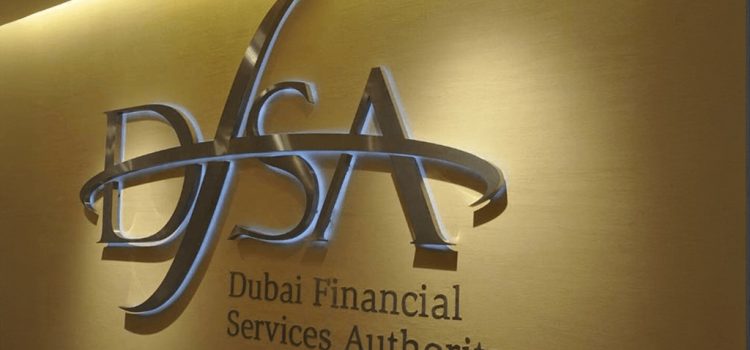
During the Qatar Economic Forum, there was alot of discussions about cooperation between Financial zones collaborating on joint initiatives especially between Qatar and the UAE. Today this news on Qatar National Bank ( Singapore Branch) and DMZ Finance, a blockchain financial technology company also headquartered in Singapore have received the first MENA regulated tokenized money market fund from Dubai Financial Services Authority, the regulatory body at DIFC in Dubai UAE.
For those unfamiliar with the term money market fund, it is a type of mutual fund that invests in low-risk, short-term debt securities like Treasury bills, commercial paper, and certificates of deposit.
As per the press release, QNB, the largest financial institution in the Middle East and Africa, will serve as the fund’s lead originator and investment manager. DMZ Finance, acting as co-originator, providing the exclusive tokenization infrastructure powering the fund.
RWAs are increasingly recognized as a critical bridge between traditional finance (TradFi) and decentralized finance (DeFi). According to a recent report by Ripple and BCG, the market for tokenized RWAs is projected to grow to USD18.9 trillion by 2033 under a midpoint scenario.
Mr. Silas Lee, CEO of QNB Singapore, highly praised the successful launch of QCDT. He stated, “QCDT is not only the first DFSA-approved tokenized money market fund in Dubai but also a pivotal step in QNB’s digital asset journey. It marks a new phase in our strategic roadmap and lays a strong foundation for the future of multi-asset tokenization. As the Middle East rapidly emerges as a global hub for financial innovation, the successful deployment of QCDT further consolidates QNB’s leadership in the regional financial ecosystem and reflects our long-term vision to shape the next generation of financial infrastructure.”
Mr. Nathan Ma, Co-Founder and Chairman of DMZ Finance, emphasized: The tokenization of real-world assets is becoming a fundamental bridge between traditional capital markets and the digital asset economy. DMZ Finance is working closely with regulatory and financial institutions across the Middle East and other emerging markets to promote the compliant development of RWA infrastructure. Our commitment is to build a secure, efficient and transparent financial buffer between on-chain and off-chain markets.
QCDT strengths will be in its offering of stable yield, institutional-grade custody, on-chain transparency and regulatory endorsement, QCDT sets a benchmark for compliant tokenized financial products in the Middle East.
QCDT is designed to serve a wide range of institutional use cases: as eligible collateral for banks, mapped collateral for centralized exchanges, reserves for stablecoins and a foundational layer for Web3 payment infrastructure.











